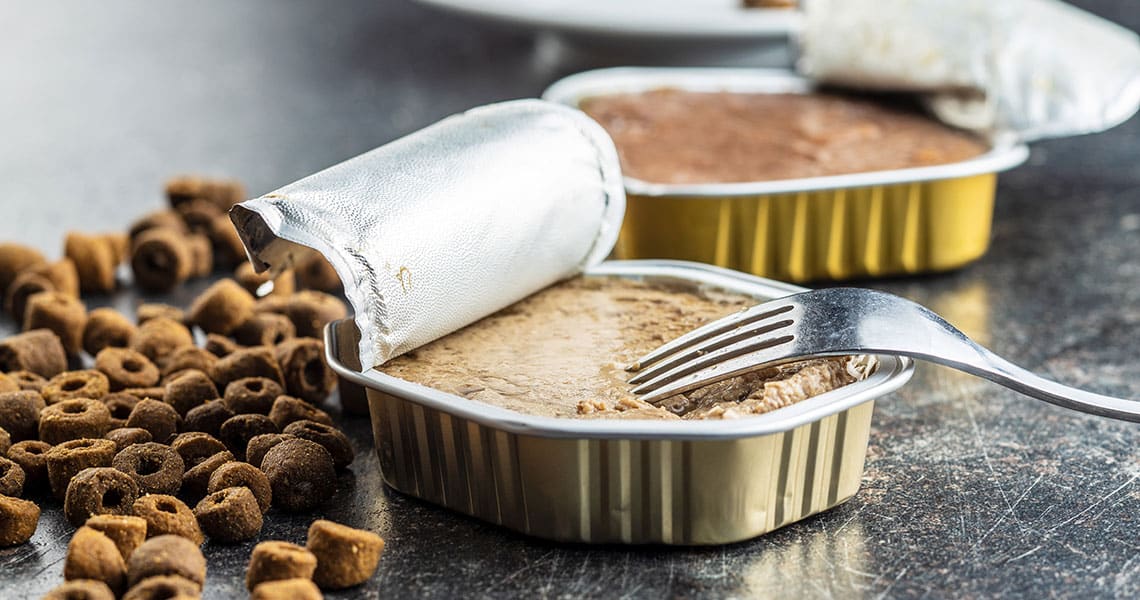The Benefits of Cooling Ingredients for Pet Food

While meat ingredients used for pet food need to achieve the necessary quality and hygiene standards, the fact remains that for many processors, the meat products used in the production of pet food have come from the waste and co-product streams of meat processing for human consumption. With this in mind it is easy for such pet food ingredients to become treated as waste, or at best a nuisance until they have left the food processing site. However, doing so wastes the opportunity to increase ingredient quality and value.
There are both quality and regulatory reasons for keeping ingredients cool, including chilling waste and co-products as quickly as possible after processing, and maintaining cold chain conditions during storage and transport. However, due to the highly viscous nature of materials such as meat slurry and mechanically deboned meat (MDM) it is important to choose the right type heat exchanger.
Scraped surface heat exchangers provide a number of benefits, including better product mixing, less fouling and better heat transfer. They also prevent the phenomenon known as ‘slugging,’ where a channel of warmer product travels down the centre of the heat exchanger while the product at the tube wall does not move. This can create the risk that the product at the tube wall will freeze, while the material in the centre is not cooled sufficiently.
However, there is a balancing act when it comes to handling pet food ingredients. While they need sufficient mixing, meat products and slurries need delicate handling to maintain texture and quality.
HRS produces two models which are ideally suited to pet food cooling:
The HRS R Series of scraped surface heat exchangers uses a patented rotary scraper bar which can reaching speeds up to 300 rpm, providing high levels of shear and mixing at the heat transfer surface which dramatically increases heat transfer rates. When creating solutions for highly viscous pet food ingredient processing (and handling other meat products such as sausage meat), the internal scraper configuration of the standard R Series may be adapted to achieve improved thermal performance, while a heavy-duty gearbox is usually specified to withstand the higher torques required to keep the product moving through the heat exchanger.
The patented Unicus Series is designed to provide unrivalled heat transfer of a wide range of difficult meat products which have high fouling potential, but which also need delicate handling to preserve fragile product integrity. Unicus heat exchangers are available with a wide range of scraper designs, providing even more choice for applications.
Whatever co-product or raw material you wish to utilise, HRS has a heat exchanger solution to turn a potential waste into a valuable ingredient, helping both the environment and your bottom line.